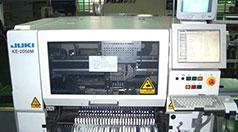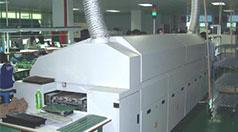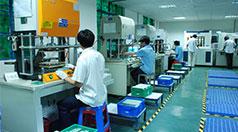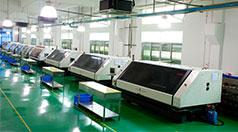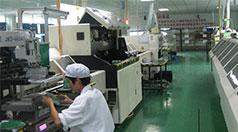We use both automated and manual techniques for placing PCB components. Generally, through-hole parts are placed manually whereas surface-mount components are placed with the use of a pick and place machine. Most of the time, automated assembly is not feasible for a small number of PCBs.
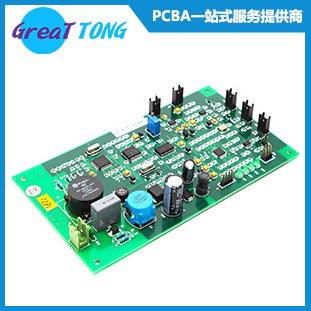
The soldering methods used by our team are wave-soldering for through-hole components and reflow soldering for surface-mount components. In the through-hole assembly process, the parts are placed on the PCB and wave-soldering is used to solder the leads for through-hole components. In the SMT assembly process, solder paste is applied via solder stencil on the PCB, then parts are placed on pads, and processed in a reflow oven to melt the solder paste. Furthermore, in mixed technology PCBs are both wave-soldered and reflowed.
After the circuit board is soldered, it is cleaned by our team. We use the latest techniques to clean the assembled circuit boards in order to remove all flux residue. Furthermore, different techniques are used to remove flux residue, which is generally a combination of cleaning agents, agitation, and heat. Then, the circuit board is sent for detailed inspection to check for accurate component placement.
State-of-the-art inspection tools are used to check the quality of the assembled boards. Some of the techniques used include sample checks, automated optical inspection (AOI), X-ray inspection, etc. After a thorough quality testing, the boards are delivered to the end customers.
Shenzhen Grande takes the responsibility of delivering the assembled PCBs to you directly by courier. We will ensure that the shipment is delivered within an acceptable turnaround time. If you have any further questions regarding our PCB assembly process, you can contact us at sales88@greattong.com.


